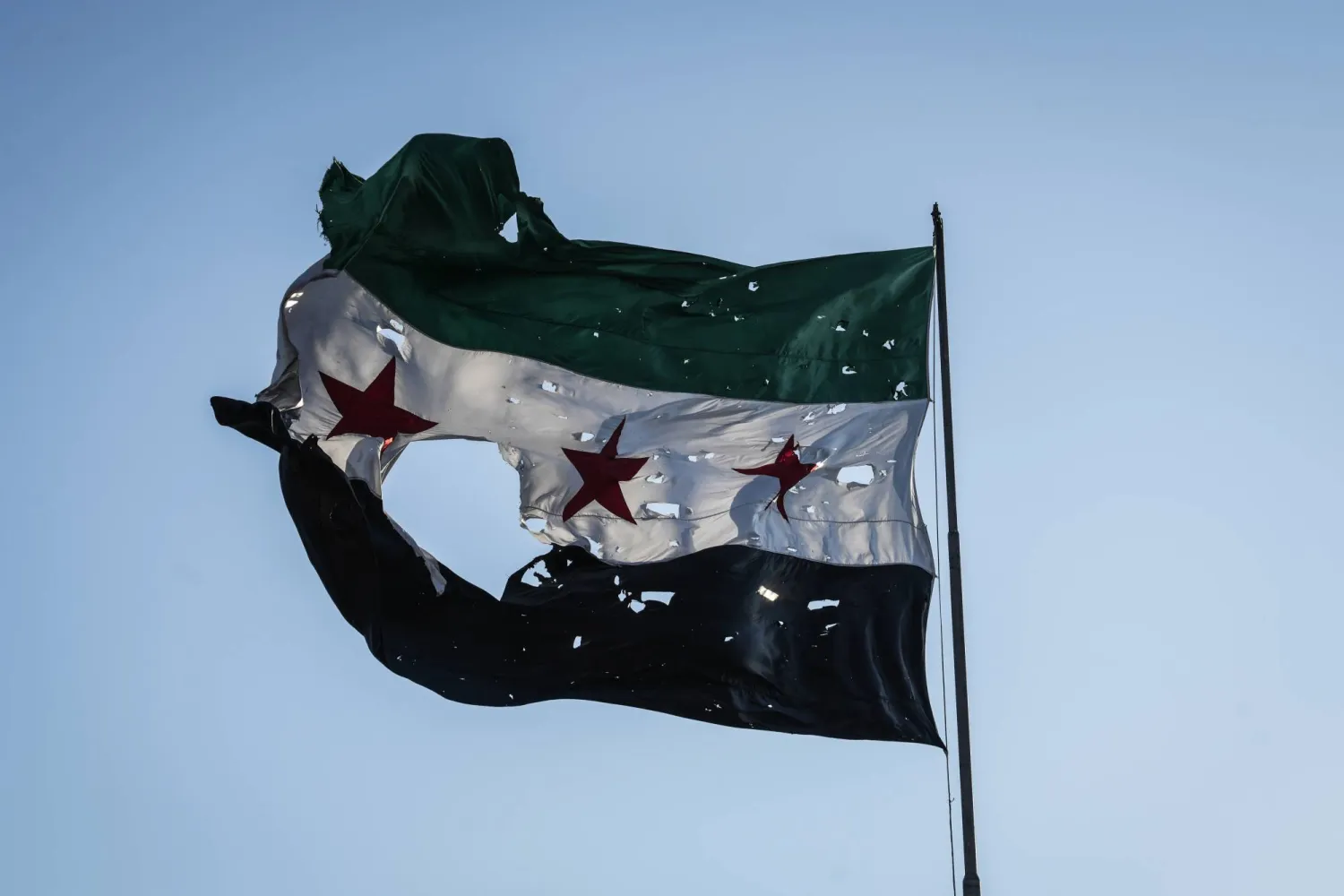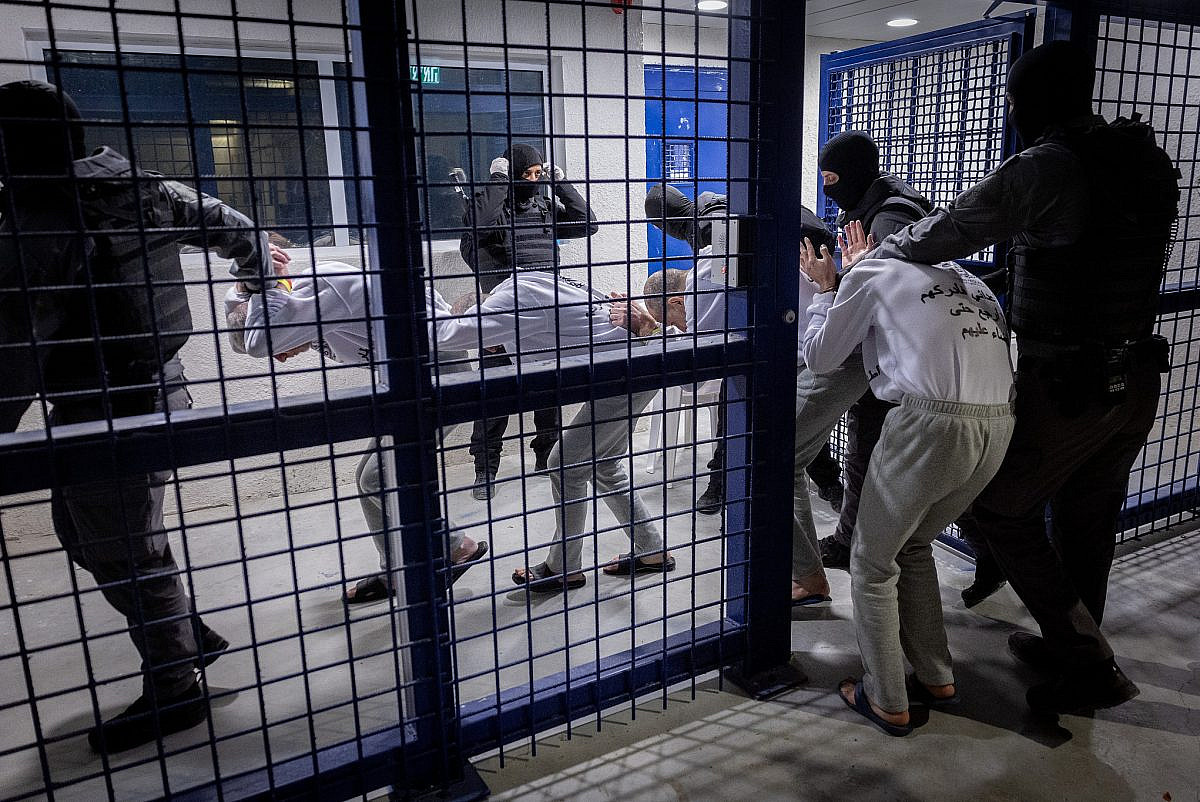On Wednesday, Israeli warplanes launched a wave of deadly airstrikes on Syria, targeting government institutions in Damascus and areas in the southern province of Suwayda. The attacks killed at least three civilians and injured over 30 others, according to Syria’s Ministry of Health. These developments came as Israel claimed to be defending the Syrian Druze community in southern Syria, while analysts and media outlets drew a direct link between the military escalation and Israeli Prime Minister Benjamin Netanyahu’s ongoing corruption trial.
Netanyahu’s Trial Interrupted Amid Airstrikes
Hours before the strikes began, Israeli media reported a sudden interruption in Netanyahu’s criminal trial in Tel Aviv. The reason? An “emergency security update” delivered by his military secretary during court proceedings.
Netanyahu is facing serious charges in three corruption cases; Files 1000, 2000, and 4000, related to bribery, fraud, and breach of trust. The trial, which resumed Wednesday morning, was abruptly paused as Netanyahu received the sealed envelope.
Official statements cited “urgent national security matters.” But critics questioned the timing. The strikes on Syria began shortly after the hearing was cut short. Media outlets, including Israel’s Channel 12, hinted that the escalation was politically motivated. Just days earlier, Netanyahu’s coalition government faced collapse due to internal disputes with ultra-Orthodox partners. The war in Syria, it seems, put the trial on hold and gave the prime minister a new stage and a new distraction.
Israeli Jets Hit Damascus and Suwayda
The Israeli assault was one of the most intense in recent years. Airstrikes struck Damascus’ General Staff Headquarters, the Ministry of Defense, and a helicopter landing pad near the Presidential Palace. The damage was severe, according to Syrian media and video footage.
In Suwayda, Israeli missiles targeted military installations, armored vehicles, and roads. Israeli Defense Minister Israel Katz claimed the strikes were in response to “attacks on the Druze people” and warned of “painful consequences” if Syrian forces did not 'withdraw' from the Syrian city of Suwayda.
Israel’s army said it hit over 160 Syrian targets since Tuesday night. It also moved additional battalions to the occupied Golan Heights, citing concerns about cross-border unrest.
Syria’s Ministry of Defense confirmed that its forces had entered Suwayda earlier in the week to contain deadly clashes between Druze militias and Bedouin tribes. These internal confrontations had already led to dozens of casualties, sparking chaos in the province.
Tel Aviv's “Druze Defense” Justification Faces Scrutiny
Israeli officials repeatedly claimed that the military actions aimed to protect Syria’s Druze minority. Defense Minister Katz declared that Suwayda would become a “demilitarized zone,” adding, “Israel won’t abandon the Druze.”
But many observers viewed the justification as a cover. The Israeli military has rarely shown such concern for ethnic minorities in other conflicts. Furthermore, the US reportedly urged Israel to halt the strikes. Axios cited a senior American official saying the Trump administration requested that Israel stop its strikes against Syrian forces.
One Druze leader in Suwayda had indeed called for international protection. Yet, many Syrians saw Israel’s actions as opportunistic, exploiting internal tensions to strike a weakened state.
Meanwhile, tensions along the Israeli-Syrian border escalated. Israeli soldiers reported several Druze citizens crossing from the Israeli side into Syria. Clashes also erupted near the fence in Majdal Shams, a Druze-majority town in the occupied Golan. Israeli forces responded with tear gas and military reinforcements.
Escalation or Distraction?
This is not the first time Israel launched major attacks amid Netanyahu’s legal troubles. Similar patterns occurred during escalations with Iran and Gaza earlier this year. Each time, political crises in Israel coincided with sudden wars or military campaigns.
Wednesday’s assault on Syria came just a day before Netanyahu’s coalition risked collapse. His far-right partners threatened to walk out over judicial reform issues. Launching airstrikes on Syria, a move popular among hardliners, appeared to rally nationalist support and delay internal political fallout.
Netanyahu denies any wrongdoing in his court cases. He also denies using war to distract the public. Still, the overlap of courtroom drama and military escalation has become a pattern too familiar to ignore.
For Syrians, the consequences are real. Bombs continue to fall. Families bury the dead. And the region inches closer to a wider conflict, while one man tries to escape accountability.



